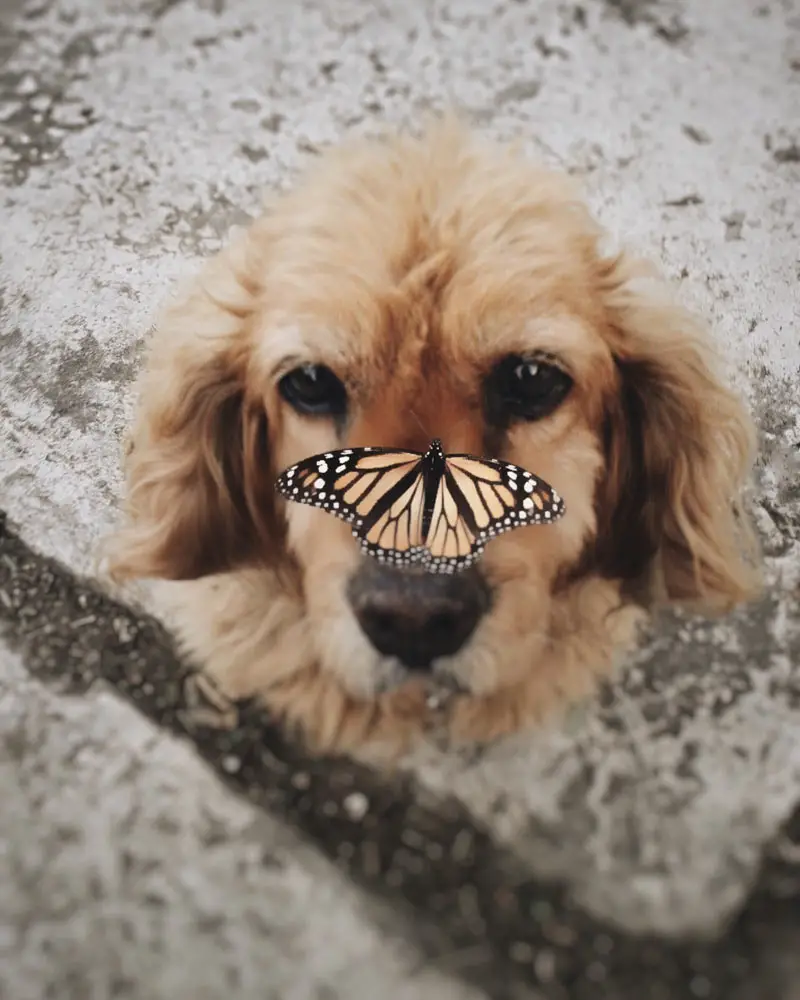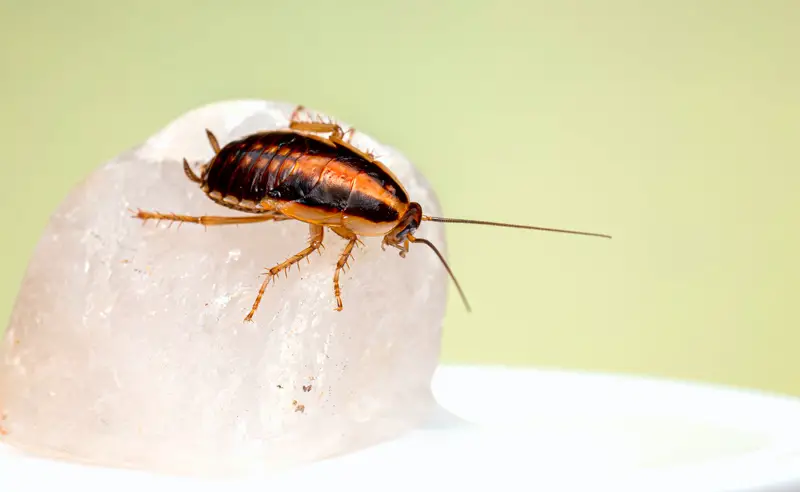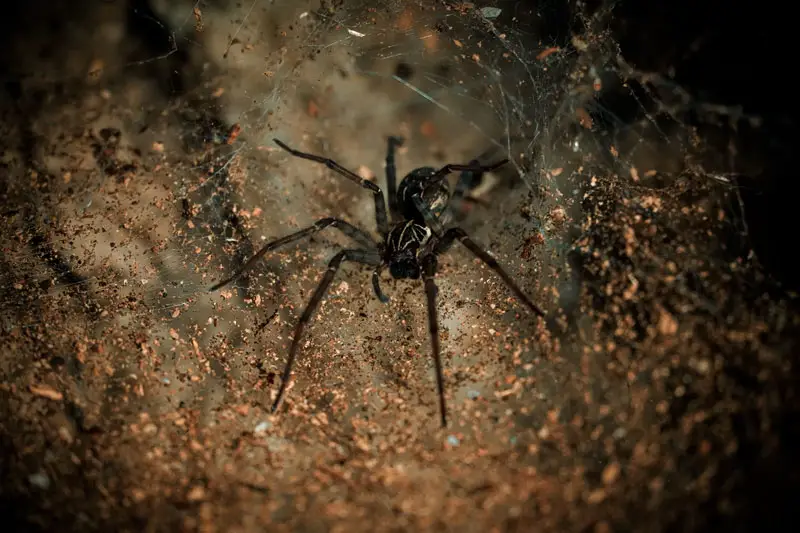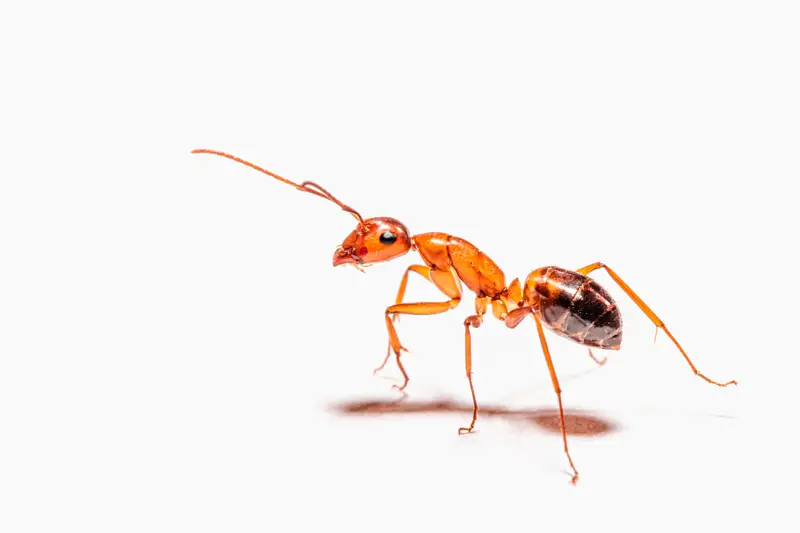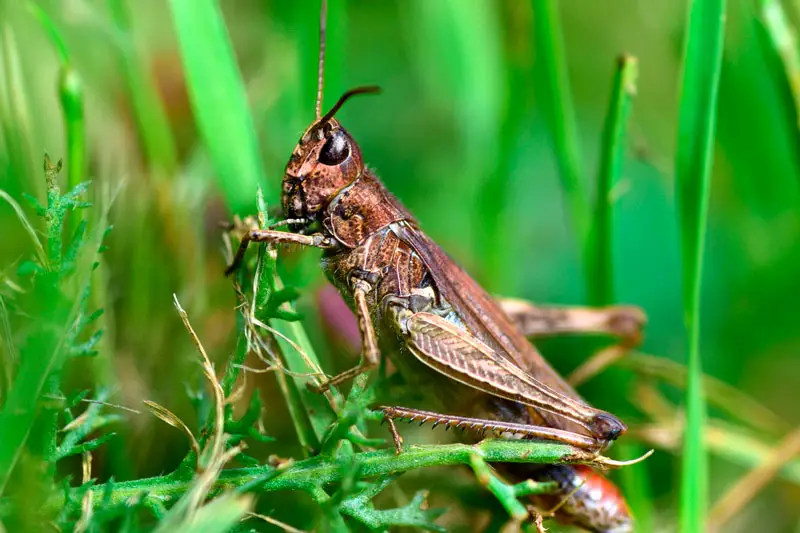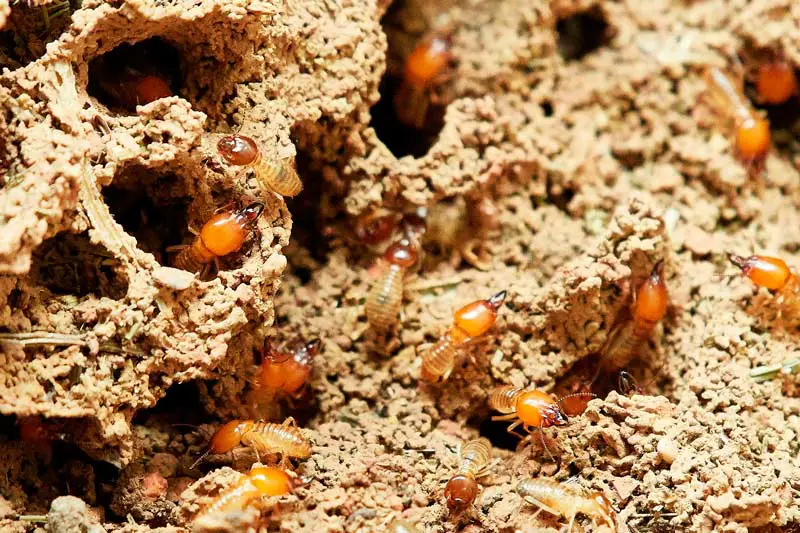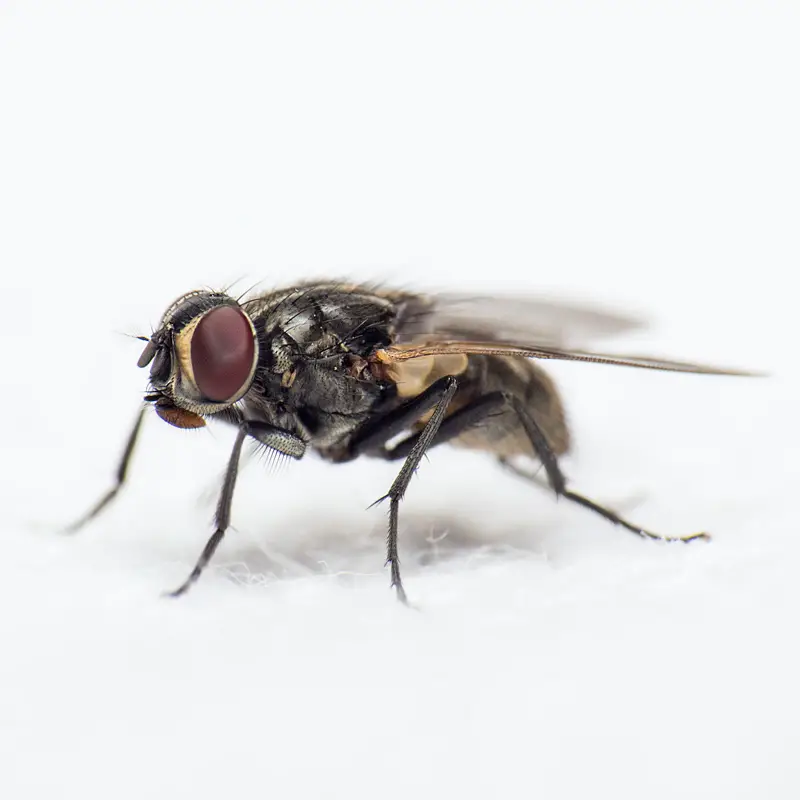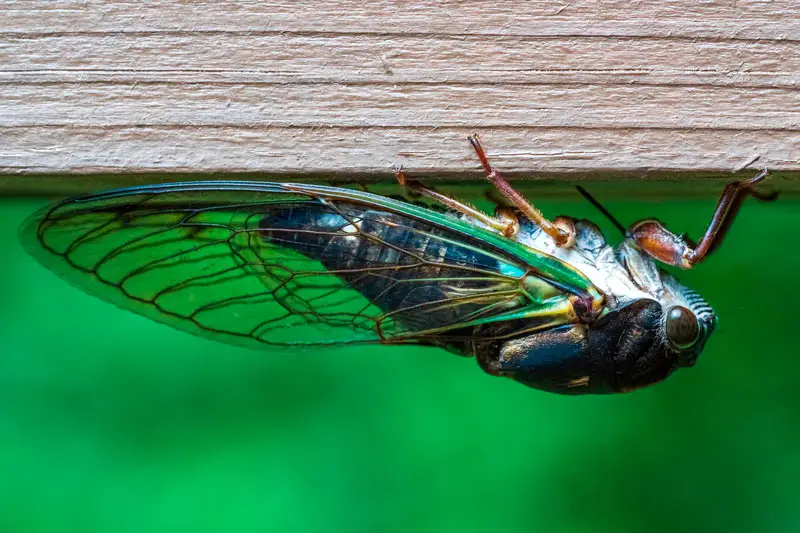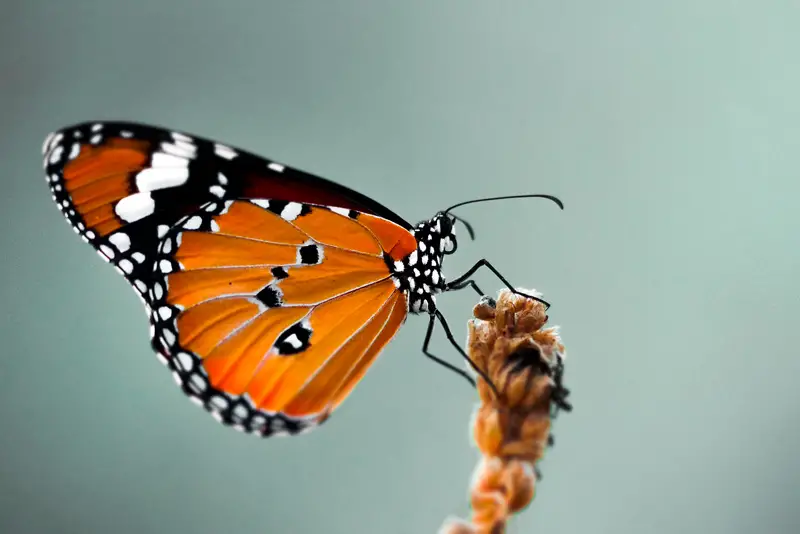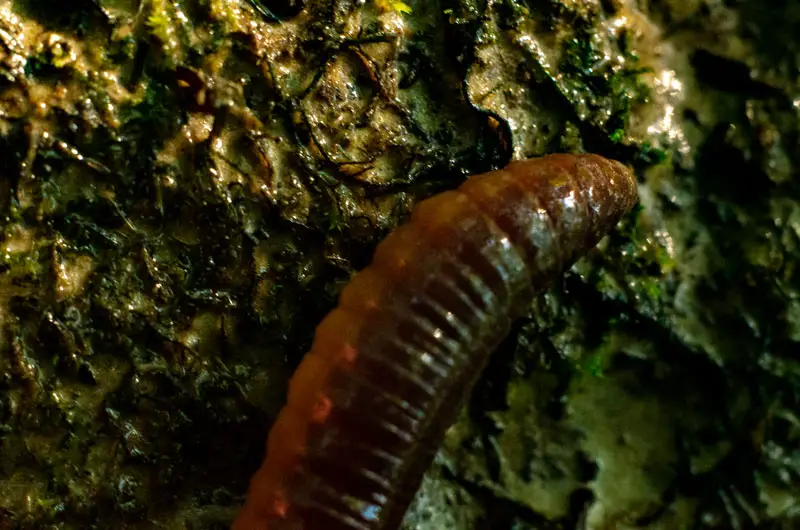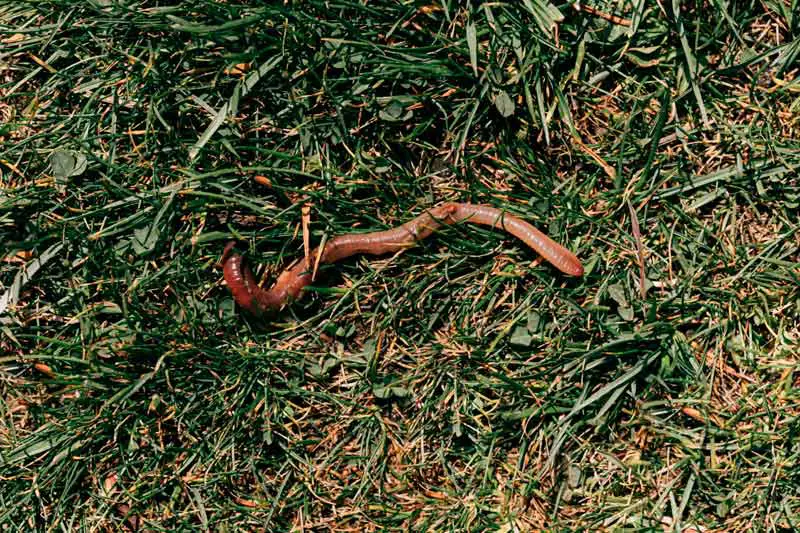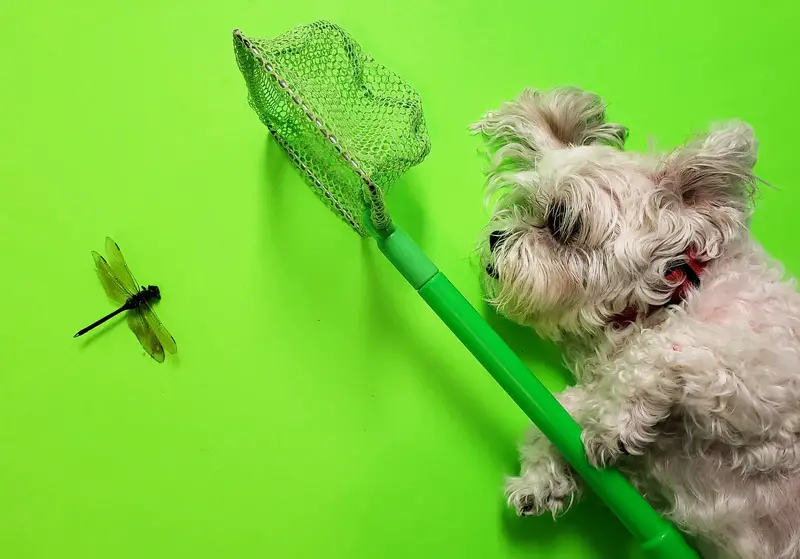Dogs are instinctively outdoor and playful animals. It’s far from uncommon to find your dog nipping at an insect in the backyard or out in the park. And even though the idea grosses out most humans, this is a natural phenomenon among animals.
In the wild, animals eat all kinds of crazy things. Sometimes they snack on clay and dirt to absorb minerals that they otherwise don’t get from their regular diets. Carnivores are often seen chomping on vegetation, making no sense at first, but it’s part of their instincts.
Besides, dogs explore the world with their mouths. They enjoy discovering new textures, smells, and tastes.
Also, we can’t deny they are huge snoops; they just love getting their noses everywhere to find out what the slightest sound of movement is about. Dogs are intrinsically curious animals—probably the reason why they are so eager to follow us to the bathroom every time.
If you are reading these lines, you’ve probably caught your dog munching on a bug once or more, and the following question has crossed your mind “Should I worry about it?” The short answer here would be “Mostly, no,” but I wouldn’t dare it’s safe either.
In this guide, you and I will get into which insects are safe for your doggy to eat and which aren’t. Also, we will answer the ultimate question, “Should I allow my dog to eat bugs?” and break down what the right approach should be to keep your furry companion happy and safe.



